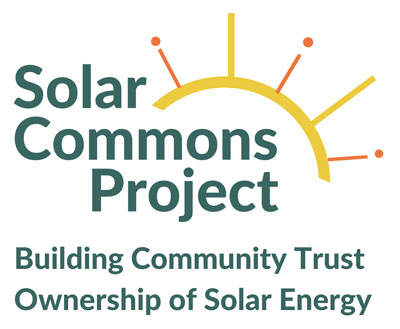Our partners, from hot and cold climates, work with the Solar Commons Project research team to support creation of Solar Commons legal, economic & governance tools and the Living Labs which co-create and test them.
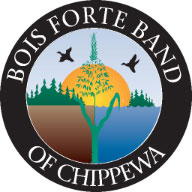
Bois Forte Food Sovereignty Group (BFFSG)
Logo 1SCP is building our working relationship with BFFSG as the beneficiary of the Northland Solar Commons in rural Minnesota. BFFSG is comprised of Anishinaabeg Ikweg (Indigenous Women) leading a Food Sovereignty movement in rural northeast Minnesota under the banner of Harvest Nation. Harvest Nation is a vertical aeroponic farm that makes healthy living a viable option in communities challenged by location, climate, and economic constraint.

Commons Strategy Group
The Commons Strategies Group (CSG) is a partnership to help advance the commons in diverse settings — both in theory and practice. Working on four continents, CSG catalyzes and assists commons-based projects, activism, research and public education. CSG is assisting the Solar Commons Project research team work with general principles of commoning in designing SC governance.

The Dunbar Pavilion
An African American Arts and Culture Center in Tucson, Arizona, increasing awareness and understanding of the historic and cultural impact of people of African descent. As the first US Solar Commons host, Dunbar is our pioneering partner in proving the concept of Solar Commoning as an infrastructure for mutual aid in urban areas. Our ongoing partnership will benefit the design of future Solar Commoning in Arizona and the United States.
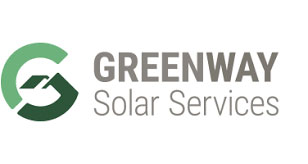
Greenway Solar Services
Greenway is a company that designs, builds and maintains state of the art solar generation systems. Greenway is on it’s way to completing the largest rooftop community solar garden in Minneapolis. The energy produced by the 1 MW solar garden will provide both power and savings to over Minneapolis 200 families. Greenway was a team partner of the Solar Commons Project during the US DoE Solar In Your Community Challenge and remains a partner for Solar Commons Project work in North Minneapolis and Southern Minnesota.
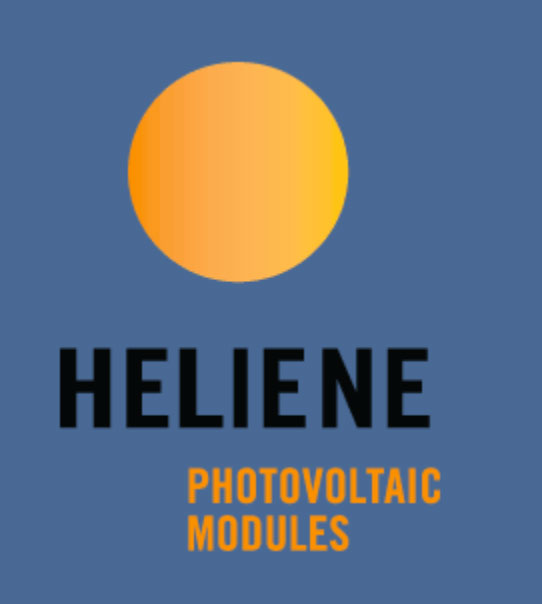
Heliene, Inc.
Heliene, Inc., Minnesota’s only solar manufacturing factory, in Mt. Iron, MN, is demonstrating a new way for local businesses on the Iron Range to support workforce development in a clean energy economy: Heliene plans to host a 500kW Solar Commons array that brings 20 years of economic support to the Northland Solar Commons Trust which funds entrepreneurial skill-building for local, healthy food pathways among indigenous and other communities on the Iron Range.
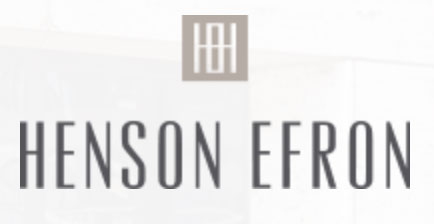
Henson Efron Law Firm
A Minneapolis-based law firm with expertise in trust and business law and a pro-bono portfolio of community engagement. Thanks to Henson Efron, Solar Commons researchers have had a long-term, constant partner innovating trust law to realize Solar Commons community trust ownership in the US.
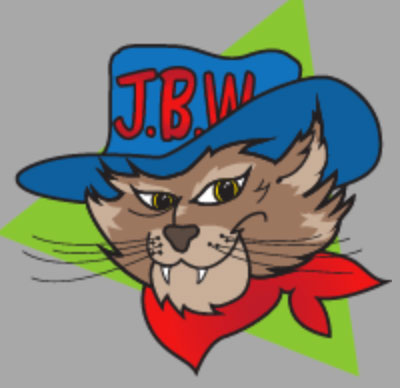
The John B. Wright Elementary School
The John B. Wright Elementary School in Tucson, Arizona is a central meeting place of Tucson’s Garden District Neighborhood which the beneficiary site of our first US Solar Commons. The Garden District has twice as many Black or African American residents than the rest of Tucson, a large Hispanic or Latino population and also hosts Tucson’s International Alliance for Refugee Communities which assists new US refugees adjust to life in the US. Wright Elementary School serves all these community members and is the schoolyard site of the Solar Commons Mural by Karlito Espinosa.
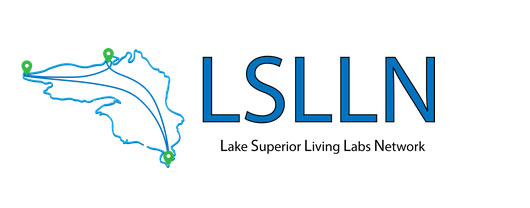
Lake Superior Living Labs Network (LSLLN)
Identifying innovative solutions to issues at the nexus of water and land, climate and energy, and individual and community well-being in the Lake Superior watershed. Our second US Solar Commons Project, the Northland Solar Commons, is one of the “living labs” in the LSLL Network, a consortium of university-community partnerships that use “living lab” methods to co-create, build and study regenerative systems solutions across national boundaries in this Great Lakes region. Thanks to a generous grant from the Canadian government, LSLLN hosts workshops, symposium and living lab research projects allowing faculty, students and community partners to work together and share regenerative system-solutions to common social-ecological problems in the Lake Superior Basin.
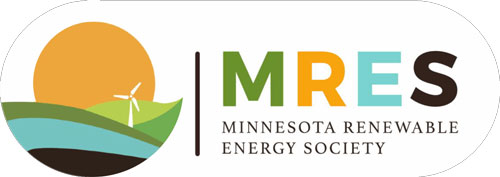
Minnesota Renewable Energy Society (MRES)
The Minnesota Renewable Energy Society is a non-profit organization dedicated to promoting the use of, and engaging in the advocacy for, renewable energies in Minnesota through education and the demonstration of practical applications. MRES was a team member with the Solar Commons Project throughout the US Department of Energy Solar In Your Community Challenge 2018-2019.
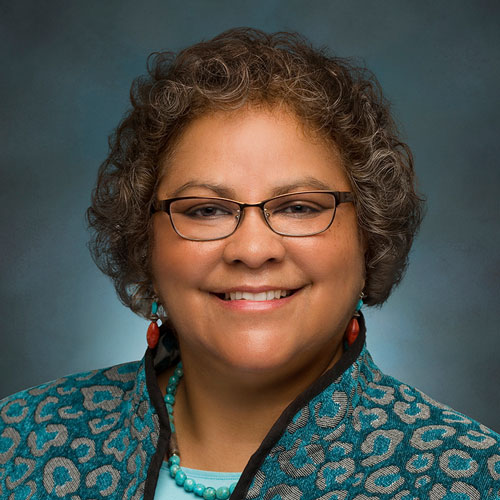
Pilar Thomas
Pilar is a partner at Quarles & Brady, LLP (Tucson Office), a member of the firm’s Energy, Environment & Natural Resources Practice Group. She focuses her practice on tribal renewable energy project development and finance, tribal economic development, federal Indian Law, and natural resource development. Pilar was the Arizona lawyer for the Tucson Solar Commons Project. Pilar also wrote a white paper for the Solar Commons Project entitled “Solar Commons and the Solar “Trust” Model: Applications to Tribes in Arizona and Minnesota” (2019). [LINK on WEBSITE] This paper, funded by the US Department of Energy, guides Solar Commons Project work with tribes in Minnesota and Arizona.
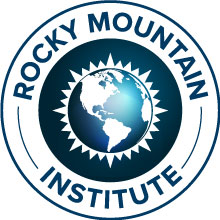
Rocky Mountain Institute
RMI is an independent, nonpartisan nonprofit cofounded in 1982 by Amory Lovins, RMI’s chairman emeritus and chief scientist. RMI’s global reach and reputation carries its mission to transform global energy use to create a clean, prosperous, and secure low-carbon future. RMI engages businesses, communities, institutions, and entrepreneurs to accelerate the adoption of market-based solutions that cost-effectively shift from fossil fuels to efficiency and renewables. RMI employs rigorous research, analysis, and whole-systems expertise to develop breakthrough insights and then convene and collaborate with diverse partners—business, government, academic, nonprofit, philanthropic, and military—to accelerate and scale solutions. As part of the US DoE Solar In Your Community Challenge, RMI completed two analyses of the Solar Commons Project in 2018: The Solar Commons Financial Model and The Solar Commons Scalability Analysis.

University of Arizona School of Art
Faculty and students in the School of Art work with Solar Commons researchers to create public art that teaches across generations how the mutualism of the natural world (nature commoning) informs the right relationships of the gift economy of Solar Commoning; UofA School of Art researchers have assisted in creating the process and realizing the outcomes for how a Solar Commons beneficiary community holds its “deed of equitable trust” to the sun’s common wealth through public art. U of A artists are also co-creators of the Solar Commons Game. As members of the SCP research team, they engage in ongoing research that prototypes, tests and produces the Solar Commons Game, the SCP key community education tool.

University of Colorado Boulder Media Enterprise Design Lab (MEDLab)
MedLab, a think tank for community ownership and governance in media organizations, is assisting the Solar Commons legal team in understanding the contribution of digital design in creating infrastructures for good governance in the Solar Commons community trust ownership model.
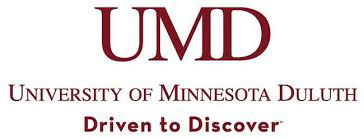
University of Minnesota Duluth (UMD) Center for Social Research (CSR)
The Center for Social Research is lead by Professor Milun, founder and director of the Solar Commons Project. The Center advances place-based interdisciplinary research across the UMD campus bringing attention to the role of the social sciences, especially anthropology, in the work of a just energy transition and climate justice in the northland region. SCR is also the home of the Duluth Hub of the Lake Superior Living Labs Network. Faculty, students and community partners focusing on energy and climate justice at UMD contribute to a variety of research projects supported at the Center.
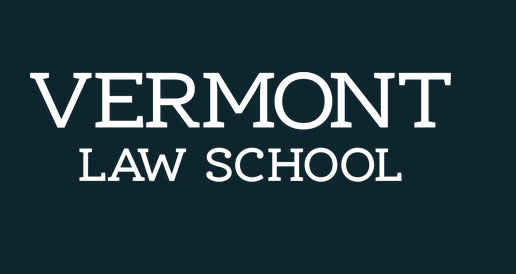
Vermont Law School Energy Clinic (VLS)
LSEC was a key partner in early Solar Commons Project legal research including throughout the US DoE Solar In Your Community Challenge.


